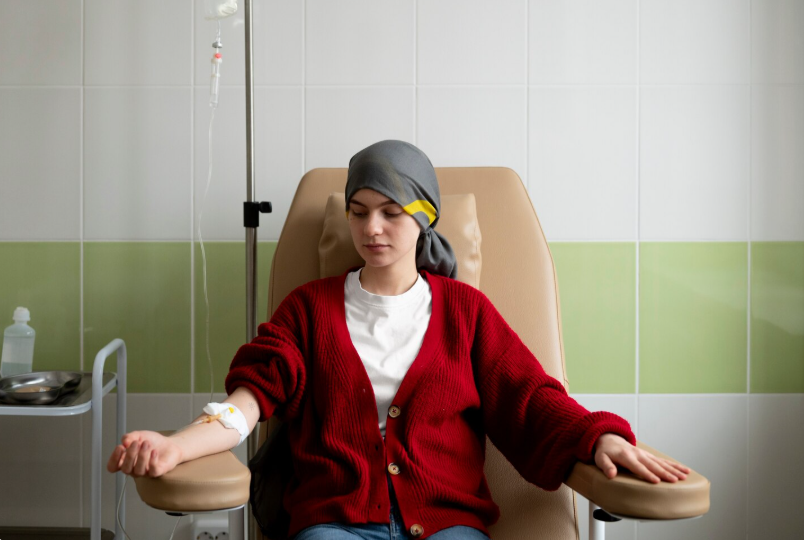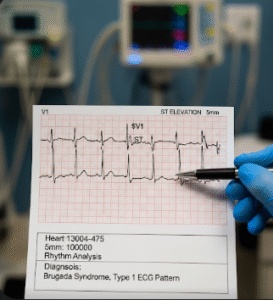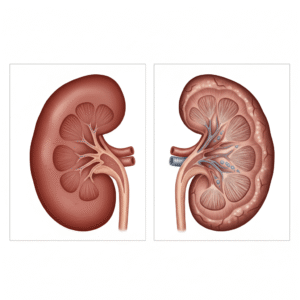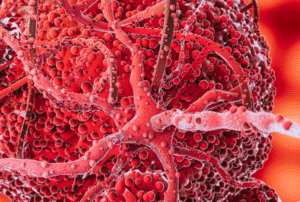Overview
Fanconi anemia (FA) is a rare inherited blood disorder characterized by bone marrow failure, congenital abnormalities, and increased cancer risk. In Korea, specialized hematology and genetic centers provide diagnostic testing, bone marrow transplantation, and supportive care, improving survival and quality of life for patients.
What is Fanconi Anemia?
Fanconi anemia is a genetic disorder caused by mutations in any of several FA genes responsible for DNA repair. These mutations lead to chromosomal instability, resulting in bone marrow failure, physical anomalies, and predisposition to cancers, especially leukemia. FA can be inherited in an autosomal recessive or, rarely, X-linked pattern.
Symptoms
- Fatigue, weakness, or pallor due to anemia
- Frequent infections from low white blood cells
- Easy bruising or bleeding from low platelets
- Short stature or growth delays
- Skeletal anomalies (e.g., abnormal thumbs or forearms)
- Skin pigmentation abnormalities (café-au-lait spots)
- Increased susceptibility to cancers, particularly leukemia or solid tumors
Causes
- Mutations in FA genes responsible for DNA repair
- Genetic inheritance: usually autosomal recessive
- Chromosomal instability leading to bone marrow failure
Risk Factors
- Family history of Fanconi anemia
- Consanguineous parents (increasing likelihood of inheriting autosomal recessive mutations)
- Known carriers of FA gene mutations
Complications
- Bone marrow failure and severe anemia
- Leukemia or other blood cancers
- Solid tumors (head and neck, gynecologic, or liver cancers)
- Skeletal and organ abnormalities
- Increased susceptibility to infections
Prevention
- Genetic counseling for families with a known FA mutation
- Prenatal testing for high-risk pregnancies
- Early monitoring of blood counts and growth
- Avoiding exposure to DNA-damaging agents, such as radiation
Treatment Options in Korea
Diagnosis
- Chromosomal breakage tests using DEB (diepoxybutane) or MMC (mitomycin C)
- Genetic testing for FA gene mutations
- Bone marrow and blood tests to evaluate hematologic status
Medical Treatments
- Blood transfusions to manage anemia or thrombocytopenia
- Androgen therapy to stimulate blood cell production in some cases
- Growth factors (e.g., G-CSF) for white blood cell support
Surgical or Advanced Therapies
- Bone marrow transplantation (hematopoietic stem cell transplantation) – definitive treatment for bone marrow failure
- Supportive surgeries for congenital anomalies when needed
- Cancer treatment (chemotherapy or surgery) tailored to FA patients’ tolerance
Rehabilitation and Support
- Long-term hematology follow-up
- Infection prevention strategies
- Nutritional support for growth and recovery
- Psychological counseling for chronic illness and cancer risk













